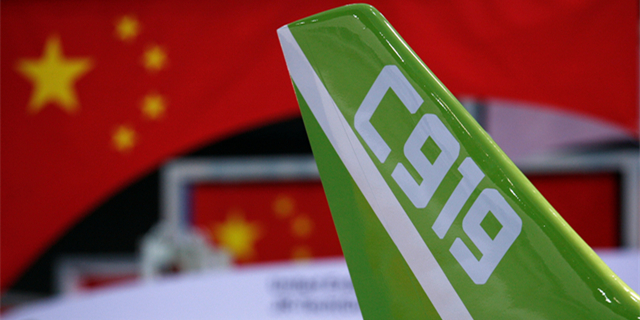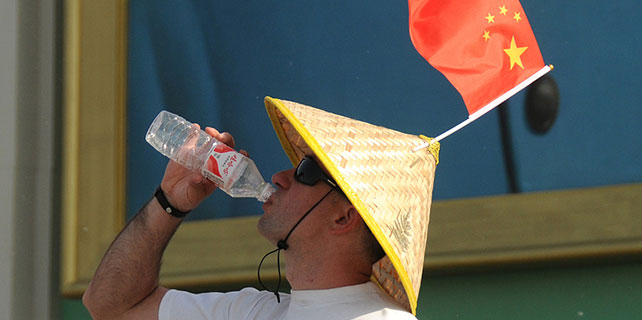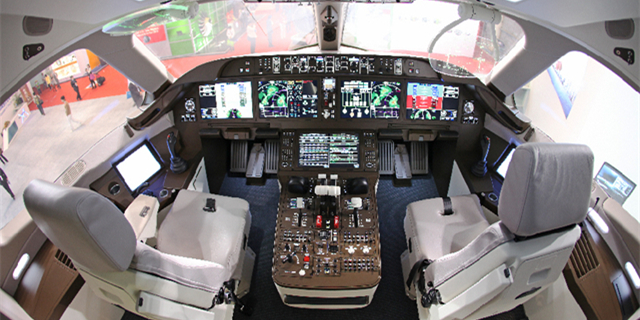Central Asian foods offer a taste of things to come
With a long whistle to herald its arrival, the freight train Chang'an pulled into the station at Xi'an, the capital of Shaanxi province, in late March. On board was 1,000 metric tons of rapeseed oil and 1,000 tons of sunflower seed oil from Kazakhstan.
It was the first time the freight service had carried goods produced in the Central Asian nation.
The oil was bound for Xi'an Aiju Grain and Oil Industry Group, and in a few months it will be on Chinese dining tables, according to the company's chairman, Jia Heyi.
Jia had been searching for business opportunities in Central Asia ever since President Xi Jinping proposed the Belt and Road Initiative in 2013, but it wasn't until he visited an expo in Almaty, the largest city in Kazakhstan, in 2015 that he spotted one.
"I bought some local wheat flour and used it to make noodles, which were really tasty," he said. "In Kazakhstan, people use traditional ways to plant crops. They seldom use chemical fertilizers or pesticides. Its wheat yield is much lower than China's, but the quality is good."
He said he went on to learn that Kazakhstan is about 13 times the size of Shaanxi, but has only half the population, which means large areas of rich arable land is often left unused.
"Every year, about a third of the land remains unplanted, and farmers don't have the technology or the networks to grow various crops and sell them to the right markets," he said.
Not long after getting a taste of the country, Jia began sourcing agricultural products from Kazakhstan. To date, Aiju Group has imported about 2,300 tons of oil, 5,000 tons of flour and 1,500 tons of wheat.
The company is also building two factories in the North Kazakhstan Region, which will process up to 1,000 tons of wheat and 1,000 tons of sunflower oil a day, as well as a base to plant wheat and sunflower seeds over 33 hectares. The base will be finished by 2020 and create 300 jobs, Jia said.
"We can bring high-efficiency planting and processing technologies to Kazakhstan, which will help with local economic development," he said. "The projects can also benefit China, as they will safeguard food security and sustainable agricultural development."
He added that he plans to start importing beef, mutton, honey and milk products from Central Asia, too, as transportation is so convenient.
Xi'an launched its first cross-border rail freight service to Almaty in 2013. Since then, it has started services to Moscow, Rotterdam in the Netherlands, Warsaw in Poland, Hamburg in Germany and Budapest in Hungary.
So far, 317 trains have traveled on the network and exported a combined 474,000 tons of cargo, according to the official data.
Bai Qinbin, deputy director of port management for the Xi'an International Trade and Logistics Park, said the city's large transportation network can help boost trade and investment between China and countries involved in the Belt and Road Initiative.
"We're working on starting a service between Xi'an to Teheran this year, as the Middle East is in great need of Chinese goods, especially food and commodities for daily use," he said.
Xi'an is also building up its airfreight and shipping networks, he said. Since the start of last year, charter flights have been departing from Xi'an bound for Amsterdam and Seoul to serve cross-border businesses.
"We want Shaanxi people to be able to buy from the world and sell to the world��even without leaving Shaanxi," Bai said.
|
A display of handicrafts at the Kazakhstan section of an international trade fair draws visitors in Xi'an, Shaanxi province. Provided To China Daily |
(China Daily 05/08/2017 page6)

















